Bitter Gourd Benefits: 7 Powerful Health Advantages
Incorporate this veggie in your diet to keep several illnesses at bay and stay fit.
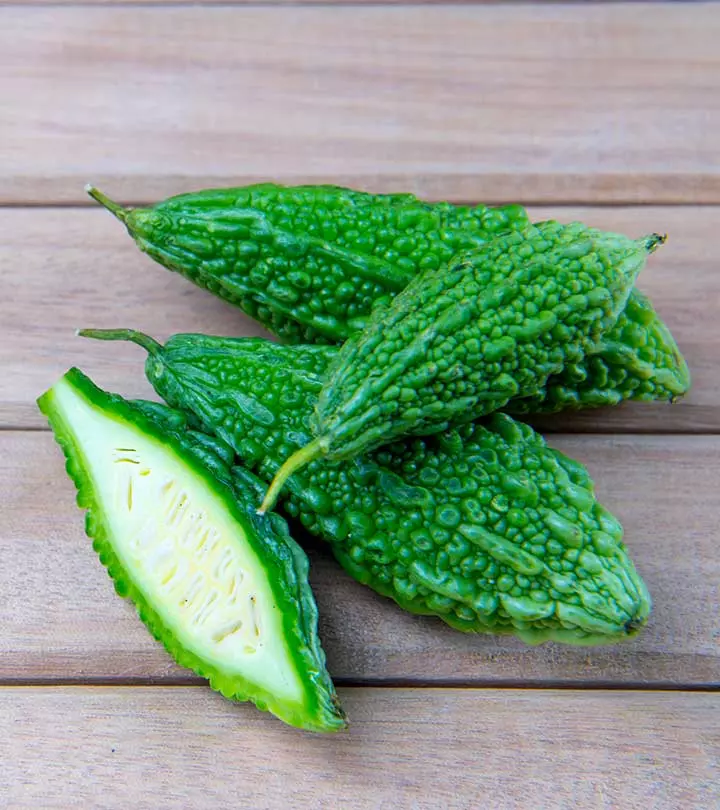
Image: Shutterstock
It is that food most of us have been bitter about since our childhood! Yes, we are talking about bitter gourd. However, the bitter gourd benefits tell you a different story and place it among the healthiest foods to eat.
Here is an interesting fact for you – bitter gourd is a fruit. Yes, it is! Also, it is a rich source of vitamins A, B, C, and E, zinc, potassium, and other nutrients (1), (2). Consuming its juice regularly is also said to help manage diabetes. Keep reading to learn about some important health and medicinal benefits of bitter gourd!
 Know Your Ingredient: Bitter Melon (Bitter Gourd)
Know Your Ingredient: Bitter Melon (Bitter Gourd)What Is It?
A nutrition-rich vegetable that belongs to the squash family, used in various culinary traditions worldwide.
What Are Its Benefits?
It may manage diabetes, aid in weight loss, prevent constipation, promote liver health, and treat skin conditions.
Who Can Consume It?
It is safe for all except for pregnant and breastfeeding women.
How Often?
You can consume daily but in moderation.
Caution
It may cause nausea, stomach upset, and vomiting. People with diabetes should consult a doctor before consuming it as it may lower blood sugar level too much.
In This Article
More On Bitter Gourd
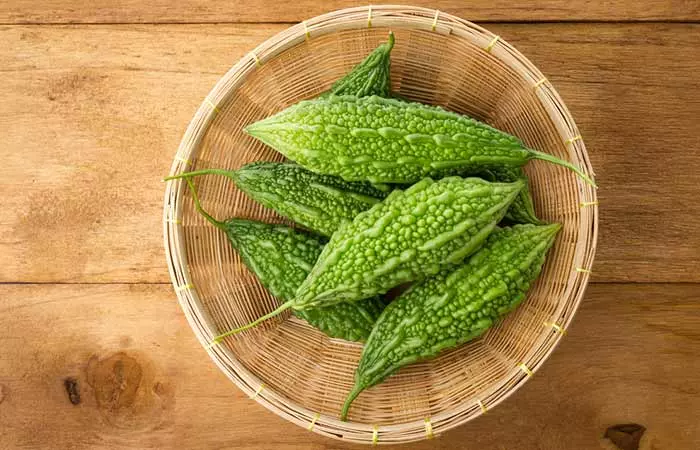
Bitter melon or bitter gourd (Momordica charantia) is a member of the squash family, Cucurbitaceae. It is commonly known as balsam pear or karela and is widely cultivated in Asia, South America, the Caribbean, and East Africa (1), (2).
The USP of this gourd is its characteristic taste. Mature bitter gourd tastes sharp and bitter, which is why many people dislike it. However, bitter melon benefits, especially in the case of health benefits are high. All credit goes to its dense nutritional profile (2).
However, it offers a range of health benefits. All credit goes to its dense nutritional profile (2).
 Trivia
TriviaScroll down the next section to find out the benefits and nutrients of bitter melon.
Key Takeaways
- Eat bitter melon if you have diabetes; it helps reduce insulin resistance.
- It helps with digestion and prevents constipation.
- Bitter melon works on lipid metabolism and reduces fat accumulation.
- It directly triggers programmed cell death and helps to extract cancer cell growth.
7 Health Benefits Of Bitter Gourd
There is ample evidence that throws light on the benefits of bitter gourd. Its fruit, pulp, skin, seeds, and leaves are good for your health. The phytochemicals of this melon have a positive effect on diabetes, liver health, obesity, and related conditions.
1. Controls Diabetes
Abundant pre-clinical studies prove the antidiabetic property of bitter gourd. It exerts a hypoglycemic effect by controlling glucose metabolism (2).
It inhibits glucose uptake in the intestines and boosts its use in the muscles. The extracts of bitter gourd protect the pancreatic cells from pro-inflammatory cells and compounds (2).
The fruit pulp, seeds, and whole plant extracts of bitter gourd are documented to have a hypoglycemic (insulin-like) effect. The saponinsi A toxic substance found in plants that is used in soapmaking and hair shampoos due to its emulsifying properties. , alkaloids, and polyphenolsi Compounds found in plants that possess antioxidant ability and boost immunity and fight chronic disease. present in bitter gourd are responsible for increased insulin tolerance and glucose uptake, and managing blood sugar levels (2), (3).
2. Aids Weight Loss

Along with glucose metabolism, bitter melon works on lipid metabolism as well. Studies have proven that it can reduce fat accumulation, thus exerting an anti-obesity effect (4).
Adding bitter gourd to the diet reduced the effect of high-fat food in rats. It was observed that the fruit could prevent weight gain by altering the corresponding gene expression (5).
Another recent study suggests that bitter melon seed oil may deplete the fat reserves in your body by selectively killing adipocytes (fat storage cells). This is because it contains active molecules like triterpenoid glycosides, alkaloids, flavonoids, polyphenols, carotenoids, and fatty acids that prevent the inflammation of adipose tissue, which is often linked to metabolic disorder (4), (5)
3. Promotes Liver Health
Pre-clinical trials on rats demonstrate the hepatoprotective (liver-friendly) properties of bitter gourd. Obesity, diabetes, high-fat diets, and alcohol lead to the development of a fatty liver. Inflammation and free radicalsi Harmful, unstable cells that lack an electoral charge and cause potential damage to other healthy cells. can worsen such liver injuries (6), (7).
Eating bitter melon can control oxidative damage as it can block the fat accumulation and lipid peroxidationi The decay and degeneration of lipids (fats and triglycerides) due to the process of oxidation in the body. mechanism. This slows down inflammation-induced cell death in the liver (6).
It also enhances your body’s antioxidant system, i.e., in-house enzymes like catalase and superoxide dismutase. Above all, bitter gourd extracts can stop the liver damage induced by chronic alcohol intake (7).
4. Relieves Constipation And Hemorrhoids
Bitter gourd helps ease bowel movement. It is a proven laxative and digestion stimulant. Patients with hemorrhoids showed signs of improvement when a bitter melon leaf extract was given to them (8).
Bitter gourd also stimulates your gut cells to secrete more digestive juices. That is how it helps digest food quicker and better (8).
Efficient digestion is often followed by smooth bowel movement. By preventing constipation, bitter melons relieve the pressure on the veins inside the hemorrhoids (8). If you are considering consuming bitter gourd during pregnancy, it’s better to consult a doctor first. Even though this veggie may have several health benefits and may seem safe, you can never be sure about how it might affect your body and the fetus.
5. Treats Skin Conditions

This squash family member has excellent anti-inflammatory properties. It can treat various skin conditions like eczema, rashes, leprosyi A chronic bacterial infection that adversely affects the nerves, respiratory tract, skin, nerves, and eyesight. , psoriasis, wounds, and sores. The indigenous tribes of Africa and Asia use a paste made from the bitter gourd plant to apply on blisters and injuries topically (9).
Rabbit studies demonstrated the effect of skin creams enriched with bitter melon extracts on wounds. Rabbits that received this cream treatment experienced improved and accelerated wound healing (10).
The peel of this fruit has the maximum potential to prevent skin cancers. Cancer studies found that bitter gourd extracts improved the quality of life and life span of mice (11).
6. Fights Cancer
Almost all parts of the bitter melon plant have anticancer properties that promote immunity. Its extract inhibits cancer cell growth by triggering programmed cell death (apoptosis) (11).
Its seed oil has biologically active fatty acids that interfere with the proliferation of breast and liver cancer cell lines. Also, the whole fruit and skin extract of bitter melon show high efficacy in battling colon cancer (11).
Bitter gourd extract was found to be selectively toxic to prostate cancer cells in mouse studies. It also regulates the levels of pro- and anti-inflammatory proteins in the affected tissue. It slows down the overall growth and migration of cervical, nose and pharynx, and blood cancers as well (11).
7. Impedes Helminthic Infections

Helminthic infections (diseases caused by parasitic worms) due to cestodes, nematodes, and trematodes affect humans and livestock. Extracts of various parts of bitter gourd showed anthelmintic activity against adult earthworms (12).
Recent studies claim that bitter melon phytochemicals are responsible for this activity. Saponins, alkaloids, oligoglycosides, flavonoids, and tannins are most effective in killing the nematodes (worms). They can paralyze them and disrupt their vascular and nervous system (12).
These phytochemicals can restrict the migration and survival of young nematode larvae. Having bitter gourd can reduce the worm load in your body and ultimately prevent such helminthic infections from worsening (12).
These benefits force you to overlook the bitter taste of bitter gourd, don’t they?
But have you ever wondered what makes bitter gourd so good for your health? It’s the phytonutrients. Check out the next section for the nutrition details.
Nutritional Profile Of Bitter Gourd
| Nutritional value per 1 cup (1/2″ pieces) 93 g | ||
|---|---|---|
| Nutrient | Unit | Quantity |
| Water | gl | 87.45 |
| Energy | kcal | 16 |
| Energy | kJ | 66 |
| Protein | g | 0.93 |
| Total lipid (fat) | g | 0.16 |
| Ash | g | 1.02 |
| Carbohydrate, by difference | g | 3.44 |
| Fiber, total dietary | g | 2.6 |
| Minerals | ||
| Calcium | mg | 18 |
| Iron | mg | 0.40 |
| Magnesium | mg | 16 |
| Phosphorus | mg | 29 |
| Potassium | mg | 275 |
| Sodium | mg | 5 |
| Zinc | mg | 0.74 |
| Copper | mg | 0.032 |
| Manganese | mg | 0.083 |
| Selenium | µg | 0.2 |
| Vitamins | ||
| Vitamin C, total ascorbic acid | mg | 78.1 |
| Thiamine | mg | 0.037 |
| Riboflavin | mg | 0.037 |
| Niacin | mg | 0.372 |
| Pantothenic acid | mg | 0.197 |
| Vitamin B-6 | mg | 0.040 |
| Folate, total | µg | 67 |
| Folate, food | µg | 67 |
| Folate, DFE | µg | 67 |
| Vitamin A, RAE | µg | 22 |
| Carotene, beta | µg | 177 |
| Carotene, alpha | µg | 172 |
| Vitamin A, IU | IU | 438 |
| Lutein + zeaxanthin | µg | 158 |
Source: USDA
This nutrient-dense food has a powerful phytochemical profile. Its main constituents include triterpene, steroid, alkaloid, inorganic, lipid, and phenolic compounds.
Charantin, cryptoxanthin, cucurbitin, cucurbitacin, cucurbitane, nerolidol, rubixanthin, spinasterol, steroidal glycosides, stigmasta-diols, stigmasterol, taraxerol, trehalose, verbascoside, vicine, zeatin, zeaxanthin, ascorbigen, citrulline, elasterol, lutein, and lycopene were identified in bitter gourd in biochemical analyses (2).
Organic acids like galacturonic acid, eleostearic acid, lauric acid, linoleic acid, linolenic acid, gentisic acid, myristic acid, rosmarinic acid, oleic acid, oxalic acid, pipecolic acid, and petroselinic acid also occur in various parts of the bitter gourd plant (2).
Now that you know how to cook bitter gourd, learn how to incorporate it into your diet regularly in the next section. Keep reading!
How To Incorporate Bitter Melon Into Your Daily Meals
Bitter melon can be an excellent addition to your diet because of its unique flavor and many health advantages. Here are some helpful tips for adding it to your meals:
- Add sliced bitter melon to stir-fries of meat or vegetables with onions, garlic, and soy sauce to balance its bitterness.
- When combined with broths and soups, particularly those made with pork or chicken, bitter melon makes a filling and healthy meal.
- Hollow out the bitter melon, stuff it with seasoned ground meat or tofu, and then steam or bake it.
- Thinly slice bitter melon and soak it in salted water, to lessen the bitterness, then add it to salads with tart dressings.
- Pickled bitter melon makes for a great tangy, flavorful condiment that pairs well with rice or grilled dishes.
Selecting the finest bitter melons is the first step to creating delicious and nutritious dishes. Scroll down to know the best places to buy fresh bitter melons.
How To Select And Purchase Bitter Melon
There are some simple tips you can follow to ensure that you are buying the best quality bitter melon for your recipes, such as:
- Where To Buy: Asian, Indian, and specialized produce markets often have a lot of bitter melons. Additionally, you can get bitter melon online from fresh food vendors or in the produce sections of many larger supermarkets.
- How To Select: Choose firm, bright green bitter gourds that are free of soft areas or blemishes. Since older, larger melons tend to be more bitter, look for younger, smaller ones that have a milder flavor. The ridges should be well-defined but not too tough, indicating freshness.
The bioactive ingredients in bitter gourd act together to offer you various health benefits. Making bitter gourd a part of your diet is the best way to put them to work. Here are a few quick ways.
How To Cook With Bitter Gourd
Bitter gourd is a versatile veggie. You can blend it into a drink, add it to soups and curries, or have it as deep-fried chips, crisps, or fritters.
Here’s a tasty recipe for fried bitter melon chips.
Crispy Bitter Gourd Chips
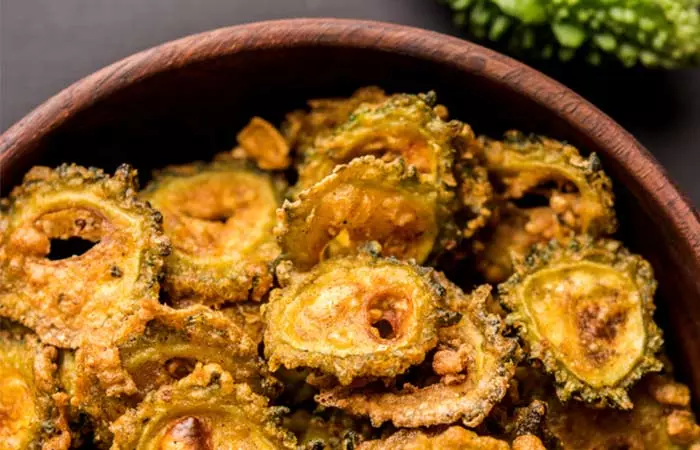
What You Need
- Thinly sliced bitter gourd: 2 cups, unpeeled, seeded (wheel-shaped/discs)
- Bengal gram flour: ½ cup
- Rice flour: ¼ cup
- Chilli powder or pepper powder: 1 teaspoon
- Turmeric: ¼ teaspoon (optional)
- Salt: 1 teaspoon
- Allspice mix or chaat masala: ½ teaspoon
- Cooking oil: for deep frying (use accordingly)
- Mixing bowl: small-medium
- Frying pan or deep non-stick pan
Let’s Make It!
- To a clean mixing bowl, add the bitter melon discs and sprinkle salt over them.
- Mix the pieces and salt well. Cover with a lid and let them sit for about 30 minutes. (This will release the moisture from the bitter gourd pieces. You will also lose the bitter taste of the fruit this way.)
- Take a few pieces between your palms. Squeeze gently to remove excess water from the pieces.
- Leave them on a plate covered with tissue paper.
- Discard the leftover water/juice.
- To the same bowl, add the rest of the ingredients.
- Add two to three tablespoons of water to the spice mix.
- Transfer the squeeze-dried bitter gourd pieces to the mixing bowl.
- Mix all the contents thoroughly to coat the melon pieces with spices and flour uniformly.
- Meanwhile, heat oil in a deep non-stick pan.
- Once the oil is hot, deep fry the prepared discs.
- Fry until they turn golden-brown and crispy on the outside.
- Place them on an absorbent paper-lined dish/plate.
- Serve hot, warm, or cold.
- Enjoy the crispy-yet-healthy snack with a hot cup of tea.
How about something to drink? Here is a nutritious and refreshing recipe for you.
Blending Bitter Gourd Into Smoothies
Adding bitter gourd to smoothies is a great way to enjoy its health benefits while masking its bitterness with sweet fruits. Here is a simple recipe.
What You Need:
- 1 small bitter gourd: peeled, seeded, and chopped
- 1 banana: ripe
- Mango: ½ cup, ripe, chopped (optional for added sweetness)
- Almond milk: 1 cup (or any milk of choice)
- Honey: 1-2 teaspoons (adjust to taste)
- Ice cubes: a handful (optional)
- Nuts and seeds: 1 tablespoon for topping (optional)
- Blender
Let’s Make It!
- Blend the chopped bitter gourd, banana, mango, almond milk, and honey on high until creamy and smooth.
- Add some ice cubes if you want and blend again.
- Pour the smoothie into a glass and top it with the nuts and seeds to finish.
Tip:
Soaking the bitter melon pieces in salt water for about 30 minutes prior to cooking may help in getting rid of the bitter taste.
Also, seeding the melon before cooking it enhances the taste and texture of the dish. However, some people like to cook it without doing so.
Pranee Khruasanit Halvorsen, a blogger, shared instructions for preparing bitter melon stir fry. She recommends thin-slicing the melon, offering two methods to reduce its bitterness. She writes, “There are two ways to do this: put the sliced melon in boiling water for a few minutes and then strain out the melon and discard the water. Or sprinkle some salt on the melon, mix it in well and let it sit for a few minutes before rinsing them in water. You may squeeze to dry (i).”
 Quick Tip
Quick TipBitter gourd is a type of squash famous for its sharp, bitter taste. Nevertheless, its rich nutritional profile makes it a great addition to the diet. This member of the cucumber family is known for its nutritive value. Even its leaves, seeds, and peel have benefits. The plant is renowned for its antioxidant, anti-inflammatory, anti-obesity, anti-bacterial, anti-proliferativei Something that resists and inhibits the growth and spread of harmful cells around the affected tissue. , and anti-diabetic properties.
However, excessive consumption may result in adverse reactions. Learn more about them below.
Side Effects Of Bitter Gourd
Bitter gourd is generally well-tolerated, but it may lead to some side effects such as abdominal discomfort, heartburn, and gastrointestinal issues like constipation or diarrhea. Some individuals may experience mild symptoms like nausea, vomiting, dizziness, or headaches (13).
However, it is important to note that bitter gourd’s impact on blood sugar levels can be significant, potentially leading to hypoglycemia, particularly in those who already have low blood sugar levels. In rare cases, severe hypoglycemia may result in a coma or seizures, highlighting the need for caution when using bitter melon as a supplement (13).
Furthermore, bitter gourd is a potential abortifacient, making it unsuitable for use during pregnancy (13). Here are some more side effects of bitter gourd that you need to be aware of before consuming it. Also, always Consult a healthcare professional before incorporating bitter gourd into your diet, especially if you have underlying medical conditions or are pregnant.
Infographic: Top 5 Health Benefits Of Bitter Melon
While not all of us like it for its bitter taste, including bitter melon in your diet can help improve your quality of life. From helping manage diabetes to improving digestion, it offers important health advantages. In the infographic below, we have listed the top 5 health benefits of bitter melon. Check it out!
Some thing wrong with infographic shortcode. please verify shortcode syntaxBitter gourd benefits can be attributed to its active compounds such as cucurbitin, zeatin, lutein, lycopene, and an array of beneficial organic acids. Apart from being healthy for the liver and heart, bitter gourd also stimulates digestion and is a natural laxative. However, it is important to know that most of the studies are conducted on rats, and the findings need to be validated on humans. While some believe this melon is toxic, the evidence is insufficient and uncertain. Thus, if you have any specific medical condition, consult your healthcare provider before consuming this vegetable.
Frequently Asked Questions
What are the best ways to consume bitter gourd?
Some of the best ways to consume bitter gourd include making juices or smoothies with sweet or tangy fruits and adding it to stir-fries or curries. You can also enjoy it as crunchy chips.
How much bitter gourd is safe to eat?
The upper intake limit for bitter gourd has not been established yet. There is almost no report on the toxicity of this fruit in humans. However, recent studies have pointed out herb-drug interactions with bitter gourd. Therefore, we recommend you follow the serving size advised by your healthcare provider. You may avoid undesirable cross-reactions this way.
Are bitter melon seeds poisonous?
There is no evidence proving the toxicity of bitter melon seeds. These seeds contain beneficial essential oils and fats that offer several health benefits. But, they also contain cucumber-like triterpenes that are not completely safe for human health. Talk to your nutritionist to find out more about the safety of bitter melon seeds.
Can bitter gourd be eaten raw?
Yes, you can eat raw bitter gourd. But, its bitter taste will be overpowering. This is why many people prefer blending it with other vegetables to make fresh green juice. You can add carrots, apples, and other naturally sweet tasting fruits or vegetables to this drink as well.
Is it good to eat bitter gourd every day?
Yes, it is good to eat bitter gourd every day. You may drink bitter gourd juice or make chips with it to add to your daily diet.
Is bitter gourd good for the kidneys?
Yes, bitter gourd can help reduce the risk of kidney-related issues, especially in people who have diabetes (14).
Does bitter gourd increase blood pressure?
No, bitter gourd helps reduce blood pressure. A study found that the extracts of bitter gourd can help regulate blood pressure (15).
Is bitter gourd good for high cholesterol?
Yes, bitter gourd is good for high cholesterol. It helps lower LDL-C levels and is an effective solution against cardiovascular conditions (16).
Illustration: Health Benefits Of Bitter Melon (Bitter Gourd) & Nutrition
__nutrition_illustration.jpg.webp)
Image: Dall·E/StyleCraze Design Team
Explore the remarkable benefits of bitter gourd in this insightful video. From regulating blood sugar levels to improving digestion, uncover the incredible power of this bitter elixir for your overall well-being by clicking on the video below.
Personal Experience: Source
StyleCraze's articles are interwoven with authentic personal narratives that provide depth and resonance to our content. Below are the sources of the personal accounts referenced in this article.
i. Stir-fried bitter melon with egg recipe,https://praneesthaikitchen.com/2011/08/04/stir-fried-bitter-melon-with-egg-recipe/
References
Articles on StyleCraze are backed by verified information from peer-reviewed and academic research papers, reputed organizations, research institutions, and medical associations to ensure accuracy and relevance. Read our editorial policy to learn more.
- “Bitter Melon” College of Agriculture, Human and Natural Sciences, Ornamental Horticulture, Tennessee University.
- “Antidiabetic effects of Momordica charantia (bitter melon) and its…” Asian Pacific Journal of Tropical Diseases, US National Library of Medicine, National Institutes of Health.
- “Bitter gourd reduces elevated fasting plasma glucose levels in an intervention study among prediabetics in Tanzania.” Journal of Ethnopharmacology, Science Direct
- “Momordica charantia (Bitter Melon) Reduces Obesity-Associated…” PLoS One, US National Library of Medicine, National Institutes of Health.
- “Beneficial Role of Bitter Melon Supplementation in Obesity…” Review Article, Journal of Lipids, Hindawi Publishing Corporation.
- “Bitter gourd inhibits the development of obesity-associated…” The Journal of Nutrition, US National Library of Medicine, National Institutes of Health.
- “Wild bitter gourd protects against alcoholic fatty liver in mice…” Food & Function, US National Library of Medicine, National Institutes of Health.
- “Momordica charantia (Bitter Melon)” Botanical Medicine, Integrative Medicine, Academia.
- “Bitter Melon (Momordica charantia)” IC Heritage Garden, University of Illinois at Chicago.
- “The beneficial effects of Momordica charantia (bitter gourd) on…” The Journal of Dermatological Treatment, US National Library of Medicine, National Institutes of Health.
- “Bitter melon: a panacea for inflammation and cancer” Author manuscript, HHS Public Access, US National Library of Medicine, National Institutes of Health.
- “An Update Review on the Anthelmintic Activity of…” Pharmacognosy Review, US National Library of Medicine, National Institutes of Health.
- “Bitter Melon” US National Library of Medicine, National Institutes of Health.
- “Modulatory effect of bitter gourd (Momordica charantia LINN.) on alterations in kidney heparan sulfate in streptozotocin-induced diabetic rats” Journal of Ethnopharmacology, US National Library of Medicine, National Institutes of Health.
- “Bitter melon extracts in diabetic and normal rats favorably influence blood glucose and blood pressure regulation” Journal of Medicinal Food, US National Library of Medicine, National Institutes of Health.
- “Effect of Bitter Melon Extracts on Lipid Levels in Japanese Subjects: A Randomized Controlled Study
” Evidence-based Complementary and Alternative Medicine, US National Library of Medicine, National Institutes of Health.
Read full bio of Madhu Sharma
Read full bio of Swathi Handoo
Read full bio of Ravi Teja Tadimalla
Read full bio of Himanshi Mahajan






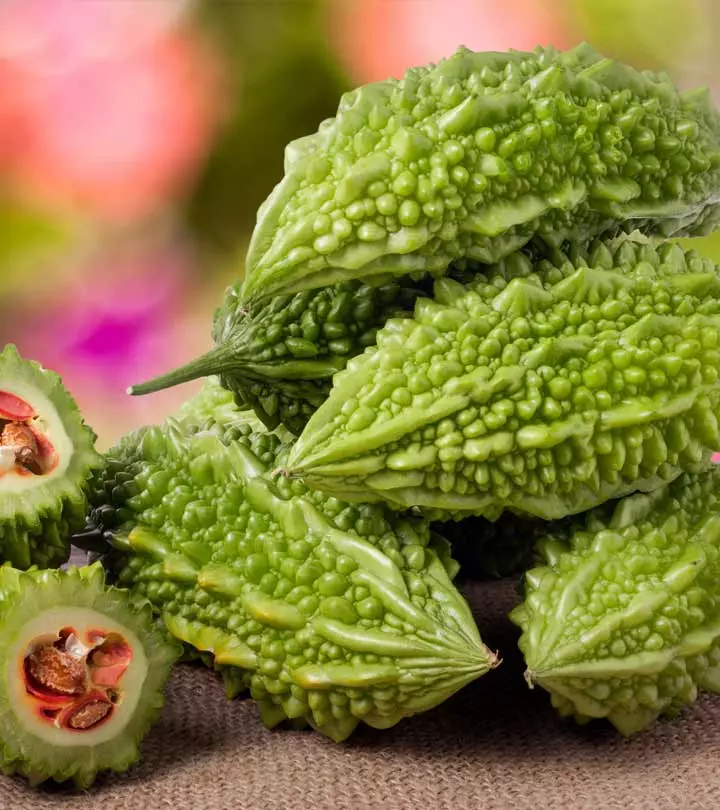
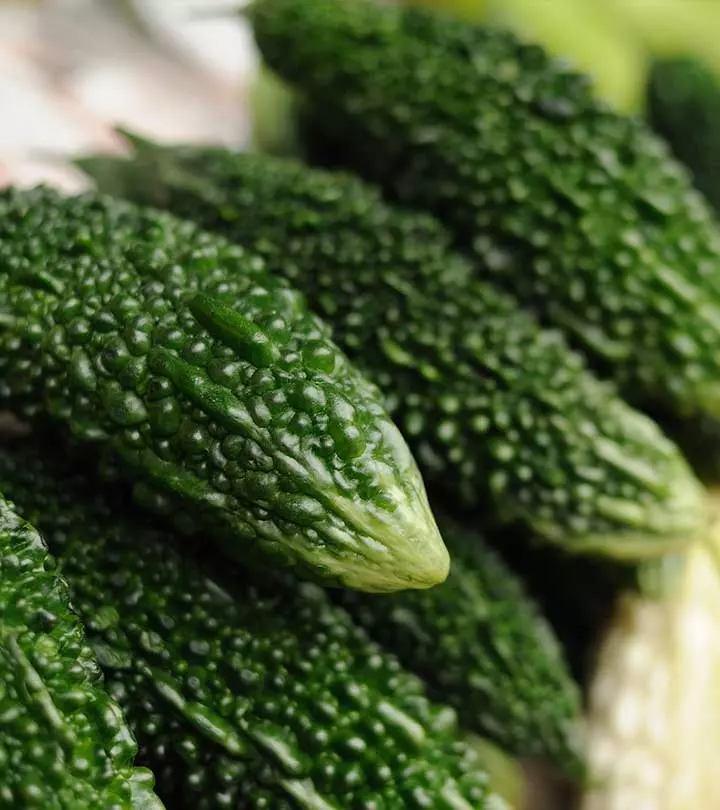


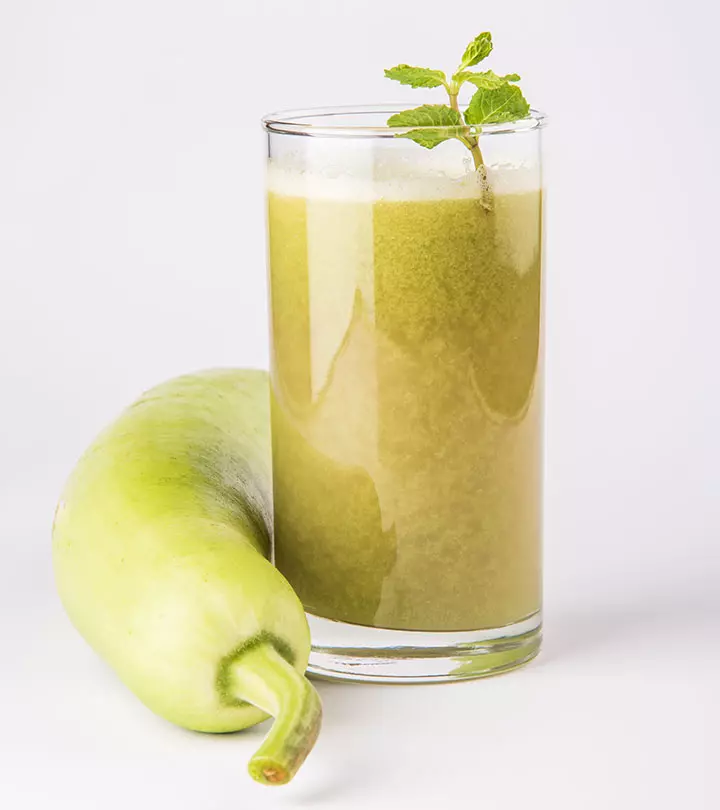

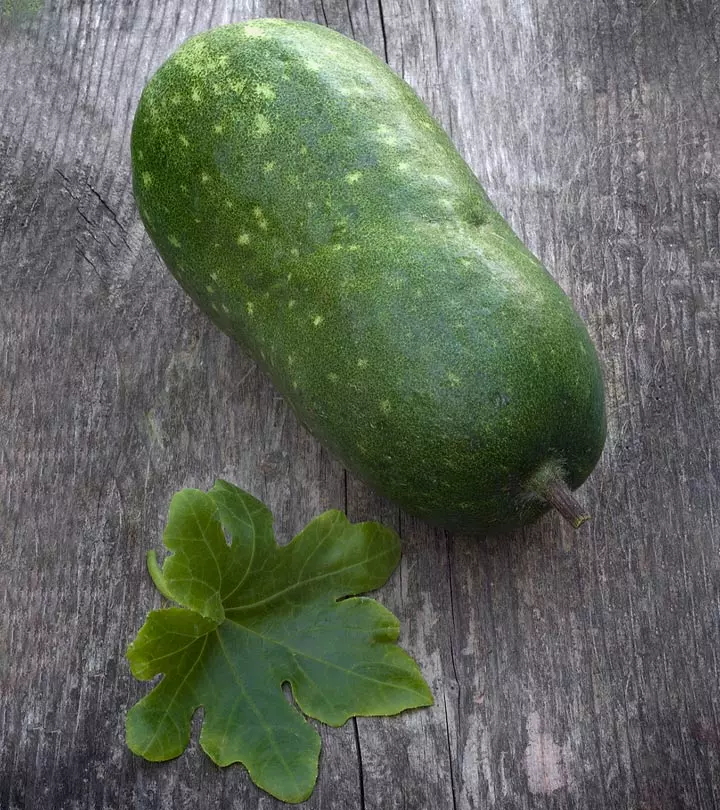


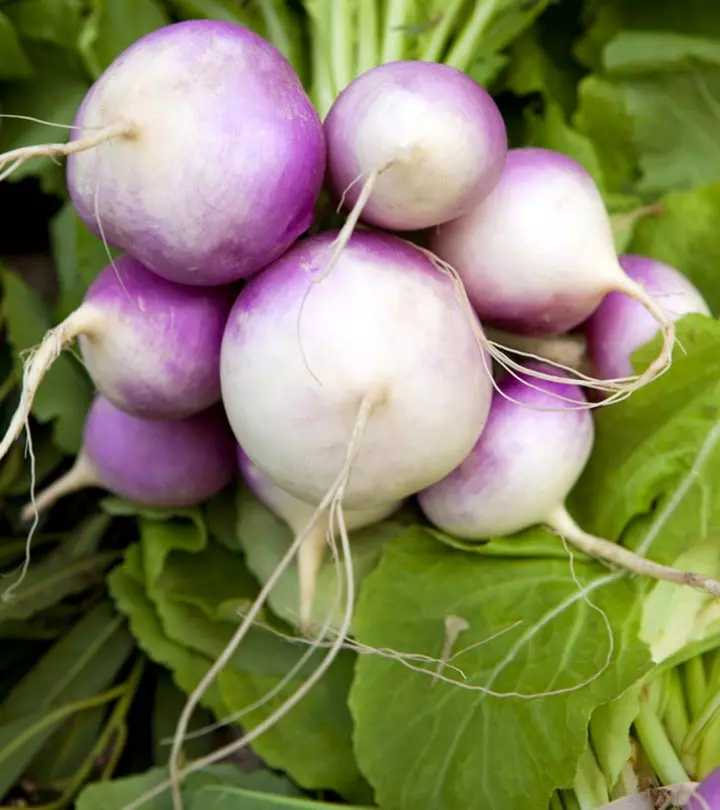
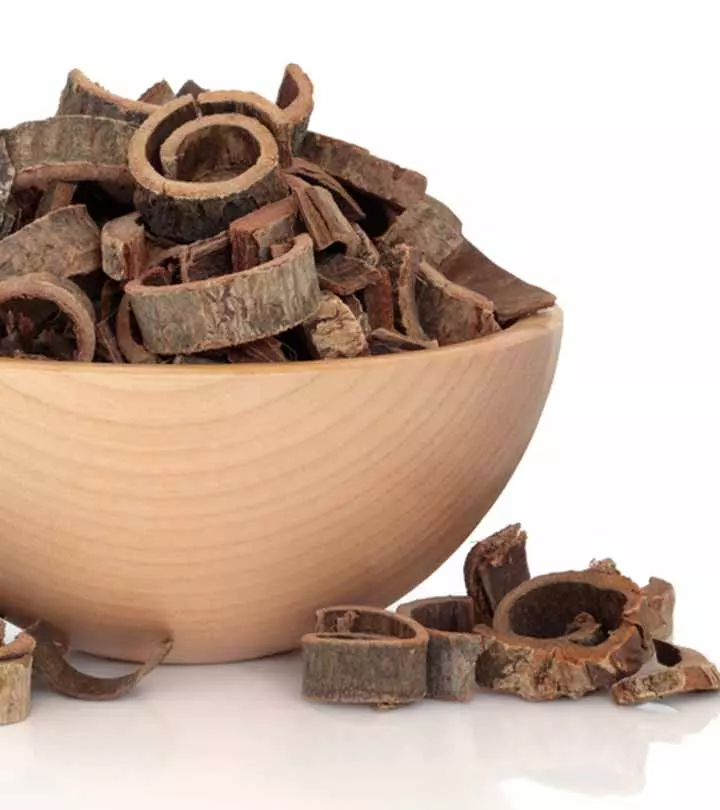
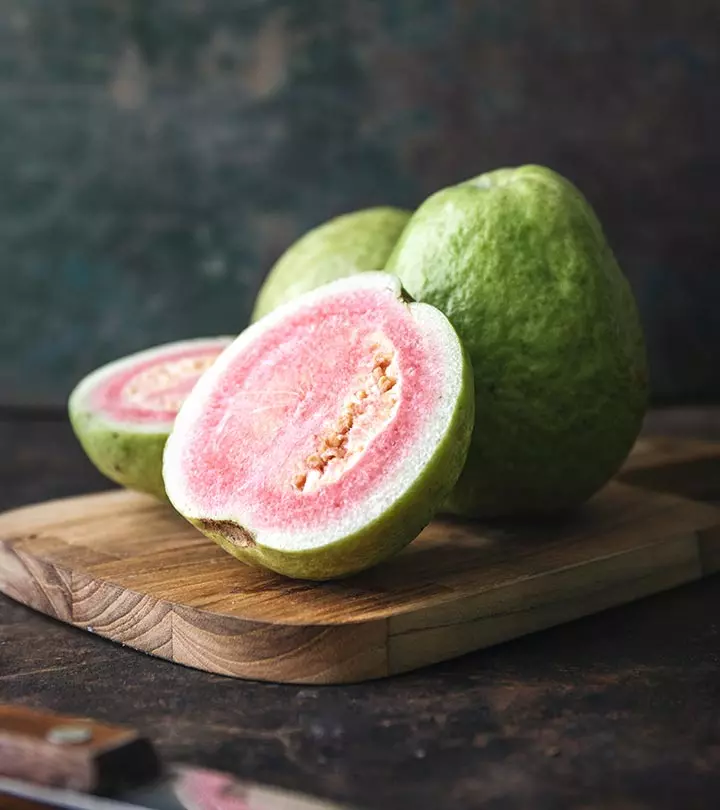

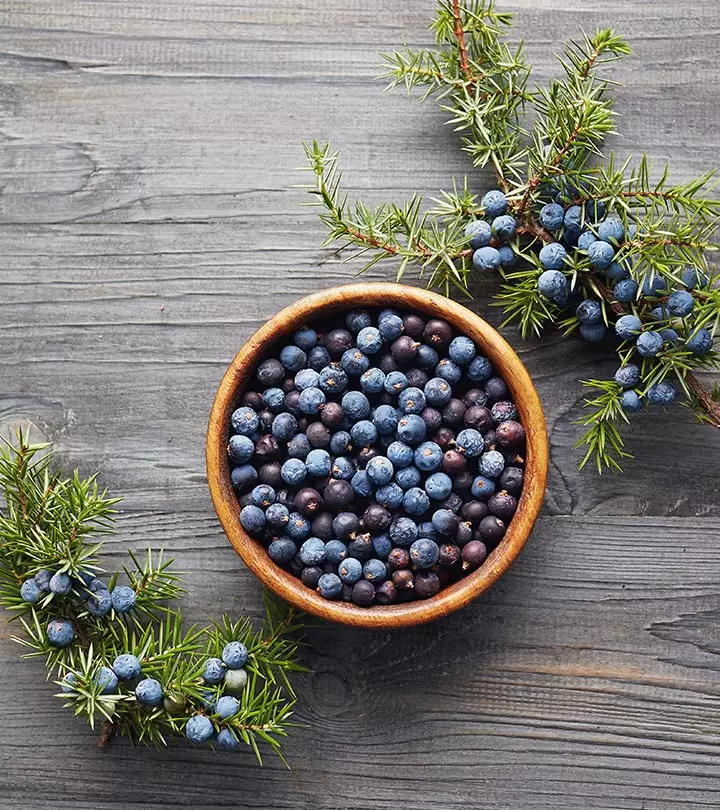
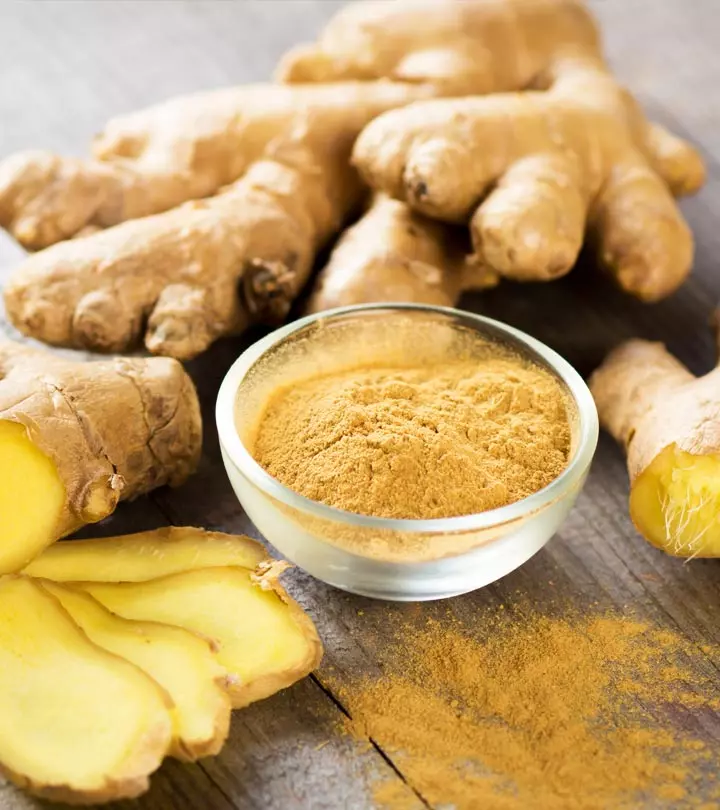
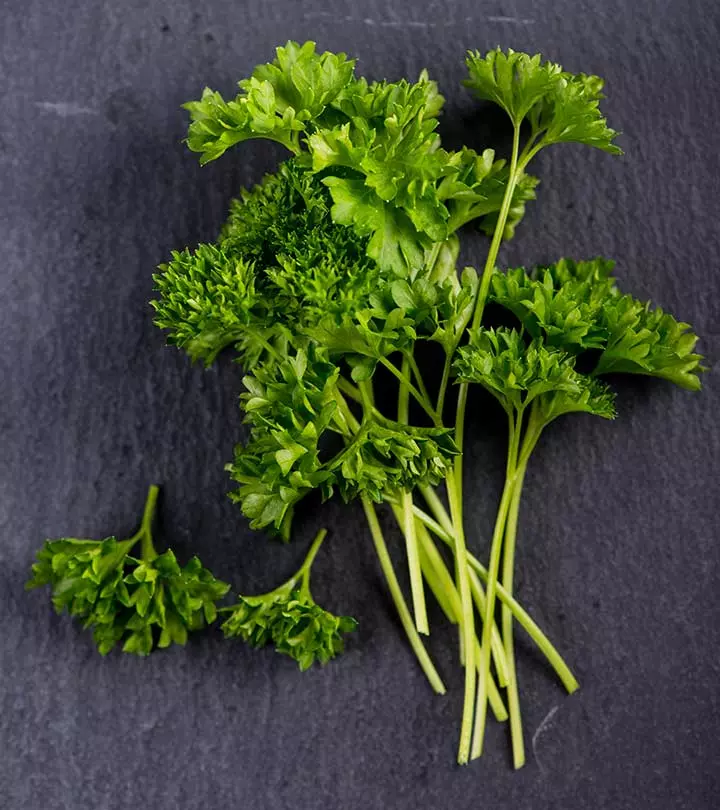


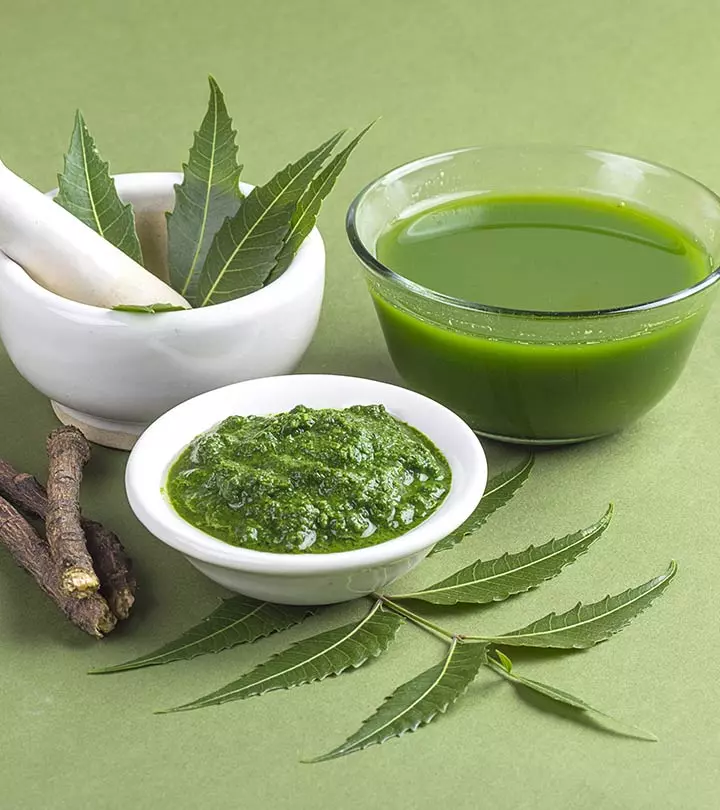
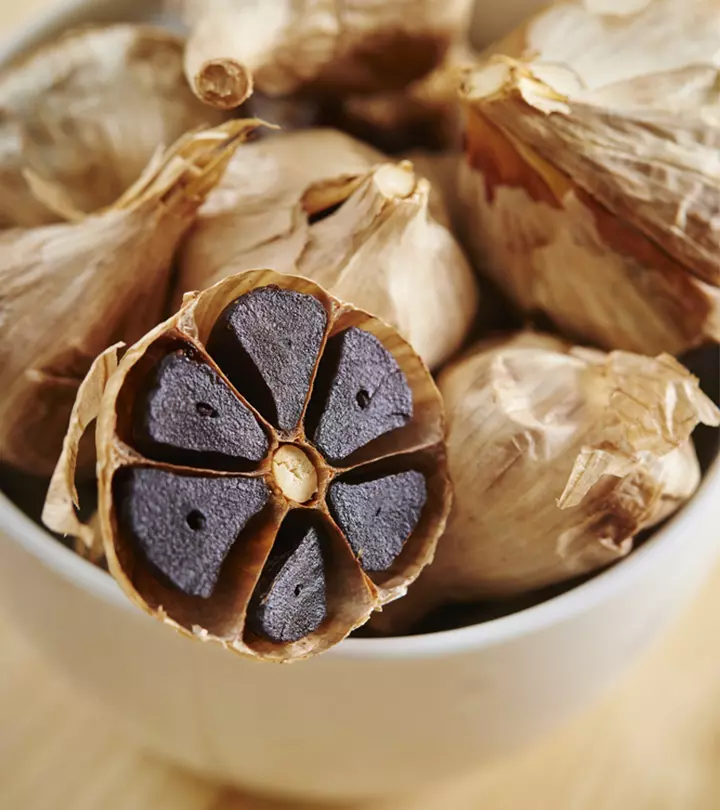
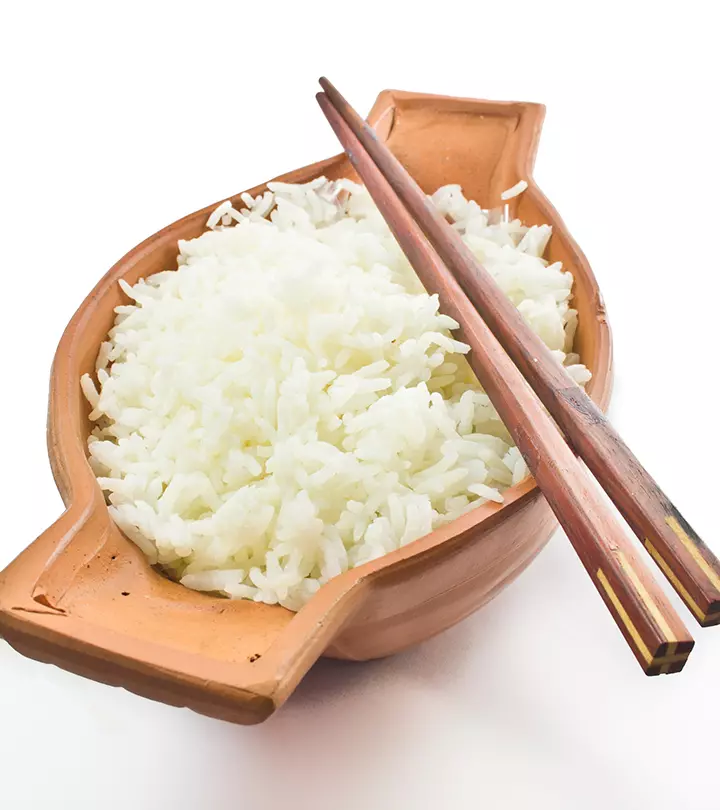
Community Experiences
Join the conversation and become a part of our empowering community! Share your stories, experiences, and insights to connect with other beauty, lifestyle, and health enthusiasts.